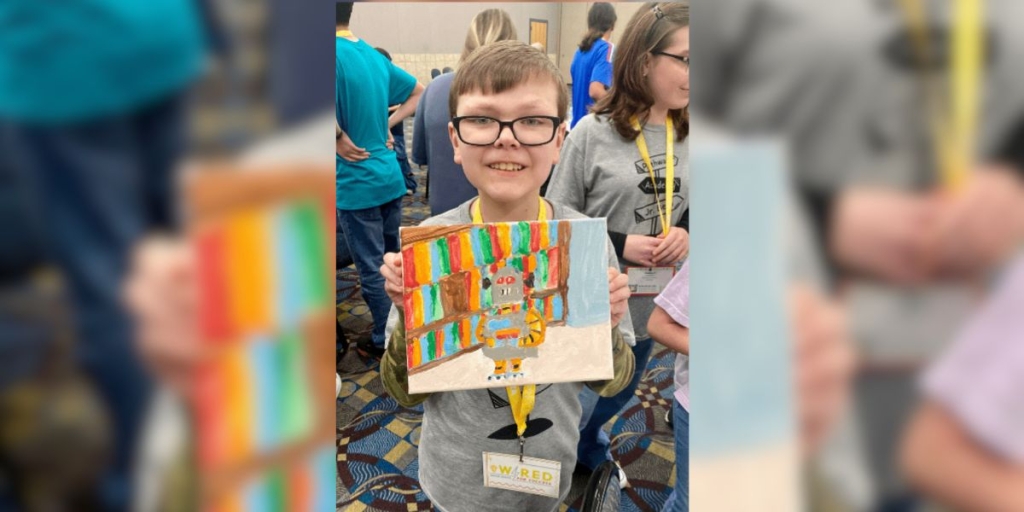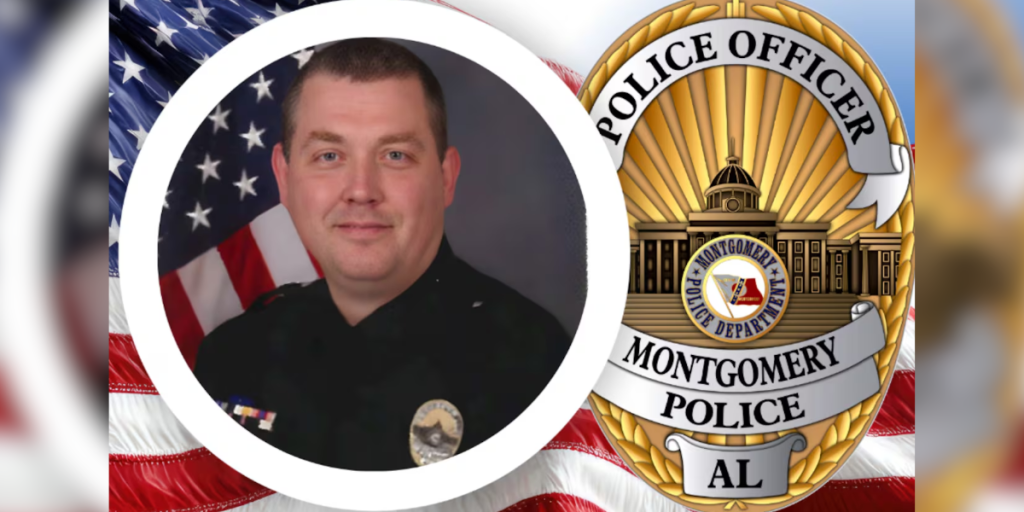
By John Finch
During my twenties and thirties, Goodtime Johnny was my best friend on the road. In fact, he was my only friend.
Whenever we were away on business, he’d usually take me out drinking. Sometimes he’d buy drinks for strangers. Everybody could tell he longed to be the life of the party, the guy seen as everyone’s friend. But they were all getting free drinks, so what did they really care?
Other times he’d ask the drunk sitting next to us, “You know of any other bars that’re open later’n this one?” We’d stumble over to that bar and drink some more.
Then we’d fly home after the business trip (which, let’s be real, we should have just called a business bender). He’d drop me off at my house, nonchalantly wave goodbye, and say, “See you soon, buddy.”
I’d waltz into my living room, decorative art with bible verses aligning its walls, then kiss my wife and daughters. As I’d walk by the mirror, I could swear I’d caught a glimpse of Goodtime Johnny. But that was impossible.
I’d never allowed someone like him to enter my Christian home.
Playing the Victim
No, I don’t suffer from multiple personalities, but Goodtime Johnny might as well have been someone else living in my body for too many decades of my adult life. He was the man I became when left to my own devices and untethered from my responsibilities at home.
I allowed Goodtime Johnny so much freedom in my life because I loved playing the victim. Because my dad had abandoned me by committing suicide when I was nine, I thought I could use him as my excuse for all kinds of less than godly behavior. I thought, No one has ever or will ever experience as much pain as I’ve gone through, so I have the right to do what I want.
Even in my thirties, I still had a lot of growing up to do.
I was really, really good at playing the role of the victim. I had everyone, including my closest family members, fooled into believing that Goodtime Johnny didn’t exist. And what was so twisted about that time in my life, when I was already addicted to alcohol, was that I became addicted to the two-faced game of living as a victim.
But the victim-mentality card can only be played for so long before the consequences of your actions become too great to bear. Suddenly, you’re left with no excuses for what you’ve done or what has happened to you.
Suddenly, the facade you’ve created, the Goodtime Johnny you’ve tried to hide behind, disappears. You’re left with the mess of who you’ve become.
Victim No More
For me, I’d turned into a jerk as a husband—my wife can attest to this. I’d turned into the last kind of father I’d ever wanted to be—a mostly absent dad. My health was failing. I was deathly afraid of losing my job. And my faith was as dry as my last empty drink.
At that rock-bottom place of loneliness, when it felt like Goodtime Johnny, and everything and everyone I’d always blamed for my problems had abandoned me, God got my attention. He gave me two choices:
1. Lose everything good in the life you still have.
2. Surrender to me.
I chose the latter, and God rescued me from myself. For the first time in my life, I totally and entirely surrendered to God.
I consider myself very lucky. Not all victims or addicts are given those kinds of opportunities. They’re still being driven around by their own Goodtime Johnnys.
To read more about how God changed me as a husband and father, read Chapter 3: The Poser and the Addict in The Father Effect, now available for pre-order and released tomorrow, Oct. 24, 2017, through FaithWords.












